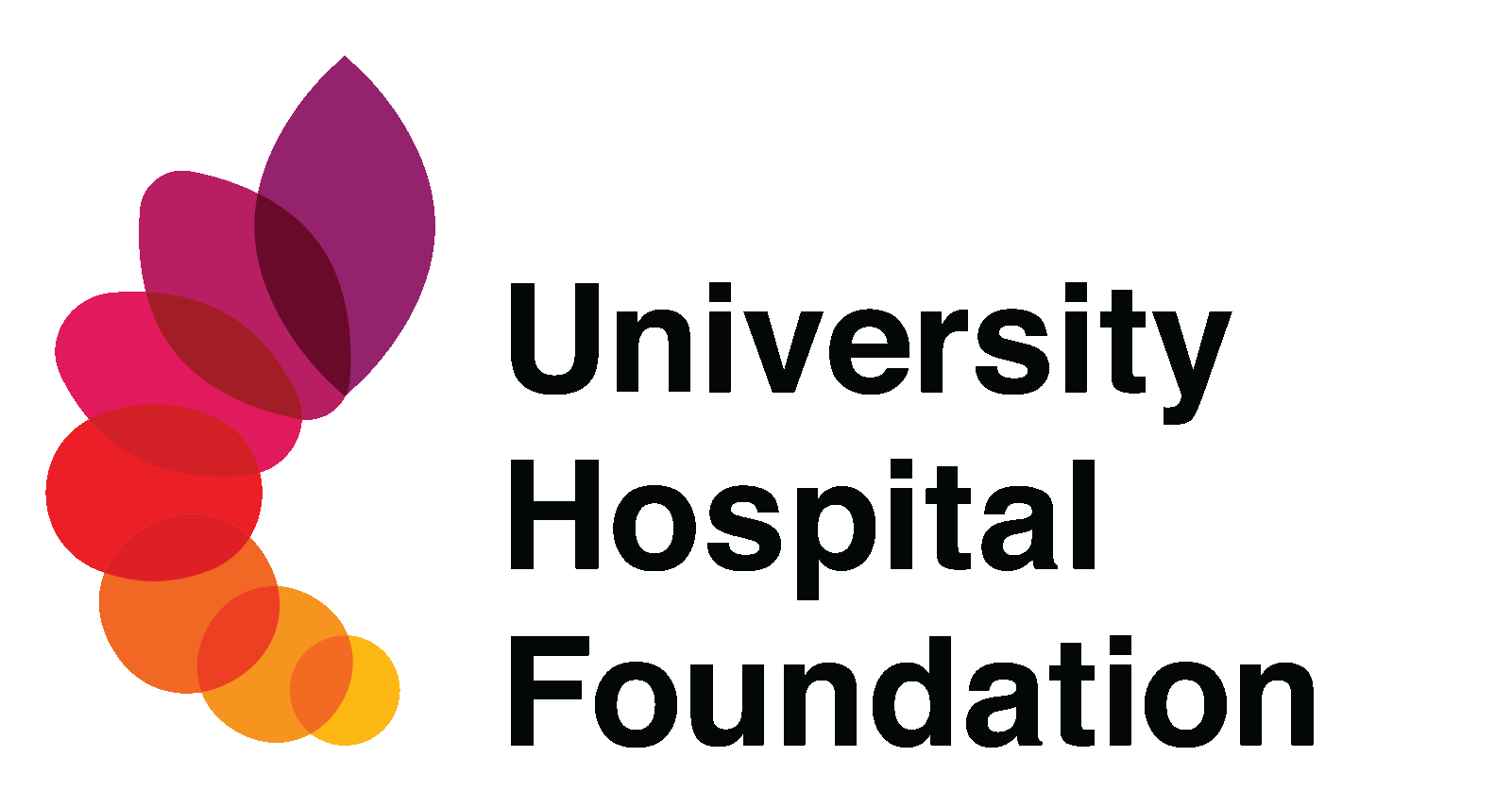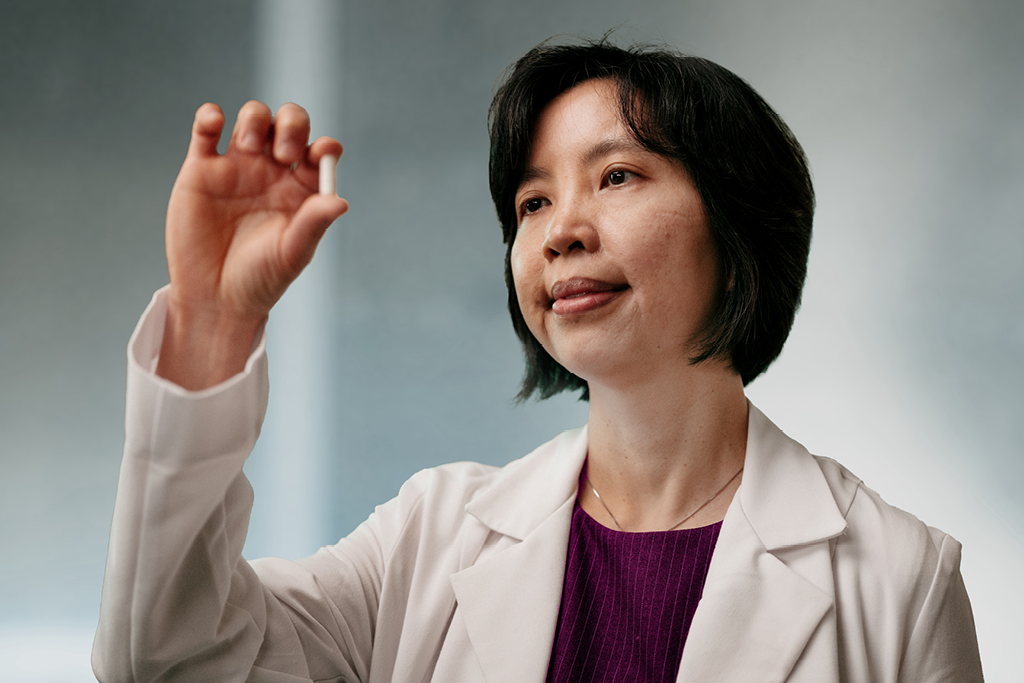It Sounds Awful, But It Works
The next step in fecal transplants is figuring out why no two guts are the same
by LISA CATTERALL
“These patients are the most grateful people I’ve ever treated. It’s the most rewarding thing to be able to help them.”
— Dr. Dina Kao
The next step in fecal transplants is figuring out why no two guts are the same The patient, a 65-year-old male, had recurrent Clostridioides difficile, or C. diff, infection and struggled with diarrhea, abdominal pain and weight loss. He could not leave his house for fear of having an accident if he could not find a washroom in time. He stopped socializing with his friends and extended family members because he didn’t want to spread the infection to them. If that wasn’t quite enough, he also had a history of inflammatory bowel disease.
The main method of treatment for recurrent C. diff infections is Fecal Microbiota Transplantation (FMT), which offers near-instant results for the vast majority of patients. Traditionally, the process is done through retention enema, colonoscopy or endoscopy — treatments which can be uncomfortable, invasive and costly. But for many C. diff patients, the process is worth it.
“These patients are the most grateful people I’ve ever treated,” says Dr. Dina Kao, gastroenterologist and researcher at the University of Alberta Hospital (UAH). “It’s the most rewarding thing to be able to help them.”
Following the patient’s treatment with FMT, “we also saw healing of his bowel from his inflammatory bowel disease, which highlighted the potential that FMT can also be used to treat [this] disease and a group of patients would respond to this therapy. The tricky part is that we still have no way of predicting which patients are likely to respond.”
That’s where Kao’s clinical work shifts into high gear for the future. With funding from the University Hospital Foundation, Kao and her colleagues at the UAH have spent the last decade working to understand the inner workings of people’s inner workings: the gut microbiome, and the role it plays in a far-ranging list of health conditions.
Kao’s work now focuses on understanding the mechanisms of the bacteria and viruses that live in the gut. She’s interested in the differences in composition between healthy stool donors and patients. In particular, the bacteriophages — the miniscule viruses that infect bacteria — and how they affect the overall bacteria community of the gut.
“Why would somebody respond to a treatment and the next person wouldn’t? What are the differences? When you look at their microbial signatures, you get a sense that they look different,” she says.
There are also other potential applications. Kao explains that developing a better understanding of the gut microbiome could lead to advancements in treatments for infectious diseases and antibiotic therapy.
“We have very few options in terms of how we treat antibiotic-resistant organisms because we haven’t had a lot of new developments of antibiotics that are targeted and not just killing everything. So the thinking about using fecal transplant is that hopefully we can somehow, just by competition, edge out the undesirable bacteria,” she says.
FMT may also offer promise in oncology, to help the immune system better respond to and kill cancer cells. Kao explains it may also work as an adjunct therapy to support patients undergoing immune checkpoint inhibitor therapy for cancer.
“Sometimes when bacteria are breaking down a drug, some of the metabolites that are generated are the ones responsible for the side effects people experience. So if we know bacteria have certain enzymes that’s going to break down a drug, is there a way that we can target it so that it doesn’t convert the drug into whatever might be causing the side effect?” she says.
“There’s a lot of interest in the cancer application, so I think this is going to be a highly interesting and very exciting field in the future.”
Change Lives Today
Your support of the University Hospital Foundation is changing lives today and tomorrow, supporting a future in which you and your loved ones live longer, healthier lives.
Donate NowShare this article
Facebook
Twitter
LinkedIn

